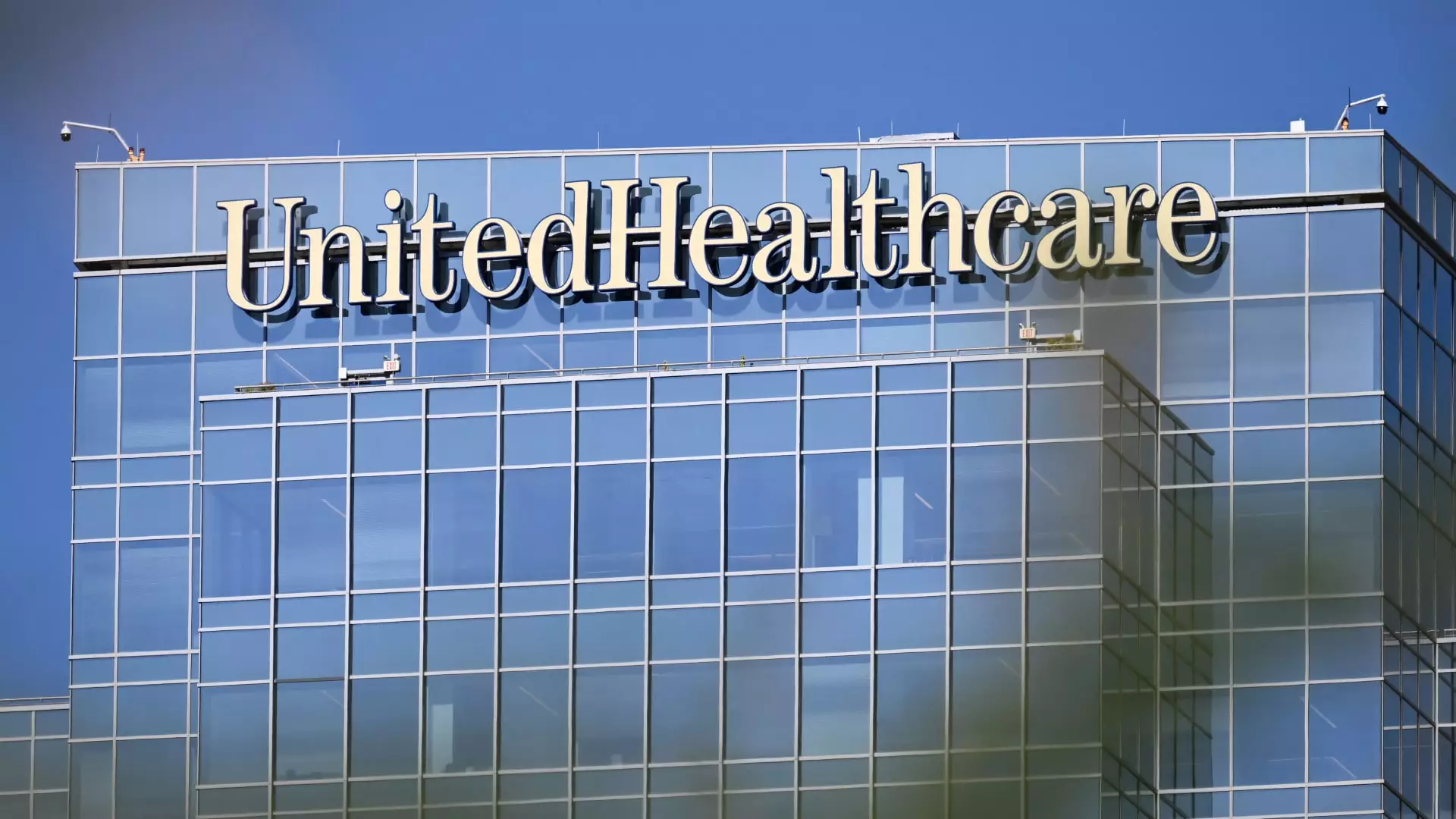On a challenging Thursday in December, UnitedHealthcare named Tim Noel as the new CEO, a move prompted by the shocking murder of Brian Thompson, the former executive, in Manhattan. This tragic event has not only left a significant void in the leadership of the largest private health insurer in the United States but has also raised critical questions about the safety of executives within the industry. Noel, who previously led the company’s Medicare and retirement divisions, steps into this critical role during a time of profound upheaval for the organization and the broader healthcare landscape.
Noel brings to the position a wealth of experience from his 16 years with UnitedHealthcare, establishing a foundation of knowledge that positions him well for leadership amid current challenges. Recognized for his dedication to enhancing healthcare’s operational efficacy, Timothy is expected to guide the organization through a tumultuous period characterized by shifting sentiments toward the insurance sector.
The effects of Thompson’s violent death have significantly rippled through the healthcare sector. It has sparked widespread anger not only from consumers but also from within the industry itself, leading to urgent calls for reform. Stakeholders are increasingly vocal about the inherent issues in healthcare accessibility, affordability, and the ethical responsibilities of insurance providers. This upheaval reflects broader frustrations with the U.S. healthcare system, emphasizing the need for greater accountability and transparency within health insurance practices.
In light of the incident, many companies, including UnitedHealthcare, have heightened their security measures. The challenge lies not only in protecting their executives but also in reassessing public relations strategies to mitigate the fallout of widespread discontent that has emerged in the wake of Thompson’s death. This scrutiny has led to drastic changes, such as the removal of executive photographs and more personal information from corporate websites, illustrating an acute awareness of the threats present in today’s climate.
Tim Noel inherits the leadership of a network that manages Medicare Advantage plans, which have increasingly become a focal point of debate. These plans are integral to UnitedHealthcare’s growth and profitability; however, astronomical rises in medical costs associated with these plans have raised alarms. Since many seniors delayed necessary medical procedures during the Covid-19 pandemic, their subsequent return to hospitals has resulted in inflated costs, putting additional pressure on insurance providers.
As Noel assumes leadership, he must navigate these rising costs while ensuring the sustainability of services offered to millions of Medicare beneficiaries. UnitedHealthcare currently serves approximately 13.7 million such patients, representing a fifth of the overall market, a significant responsibility that requires deft management amidst increasing scrutiny.
UnitedHealthcare Group CEO Andrew Witty addressed the broader healthcare system’s failings, pointing out the complexities and high costs that plague the industry. He emphasized the urgent need for operational efficiency and the reduction of confusion surrounding healthcare processes, a sentiment echoed by many in the midst of rising patient dissatisfaction. However, the irony remains that a profit-driven business model often thrives on high prices, providing a financial paradox for organizations reliant on premium revenue streams.
As Witty seeks to initiate changes, he faces the daunting task of balancing stakeholder interests against the push for lower costs and improved patient services—a challenge that Noel will continue to confront as he leads the company forward.
In the aftermath of Thompson’s death and the subsequent leadership shift, UnitedHealthcare reported fourth-quarter results that fell short of investor expectations. The company’s revenue figures indicated vulnerabilities within its insurance operations, prompting shifts in strategy moving forward. With projections for revenue growth in 2024 set within a range of $450 billion to $455 billion, it remains crucial for Noel to articulate a clear vision to regain trust and confidence among stakeholders.
Though this new leadership era comes with significant challenges, it also presents an opportunity for transformation. Under Noel’s guidance, UnitedHealthcare has the potential to redefine its approach, ensuring that the lessons learned from recent events catalyze meaningful progress in the healthcare industry.
The transition in leadership at UnitedHealthcare signals more than just a change at the top; it is emblematic of a pivotal moment for the healthcare sector, making it imperative that the entire industry critically reflects on its practices and priorities in order to restore faith among consumers and adapt to a rapidly evolving landscape.


Leave a Reply